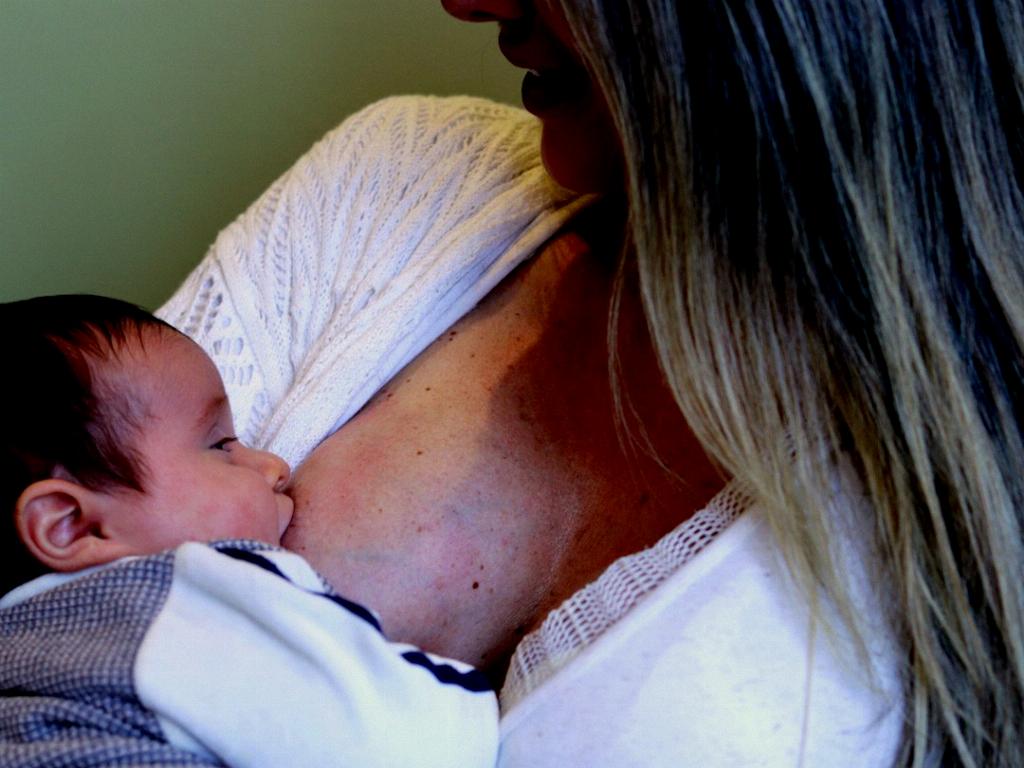Experiencing a sudden and sharp needle-like pain in your nipple can be quite alarming, leading you to wonder about the possible causes of such discomfort. Several factors could contribute to this sensation, ranging from harmless reasons to more serious underlying issues.
Possible Causes of Needle-Like Pain in Your Nipple
One of the common reasons for experiencing needle-like pain in your nipple is an allergic reaction. If you have recently used new laundry detergent, body lotion, or any other product that comes in direct contact with your skin, it could be triggering an allergic response leading to nipple irritation.
Another potential cause of this discomfort may be eczema. Eczema is a skin condition characterized by red, itchy patches that can occur on various parts of the body, including the nipples. The sensitive skin around the nipple area may be more prone to eczema flare-ups, resulting in a sensation of needle-like pain.
Hormonal changes can also play a significant role in nipple pain. For women, hormonal fluctuations during menstruation, pregnancy, or menopause can lead to increased sensitivity in the breasts and nipples. This heightened sensitivity may manifest as a sharp, needle-like pain in the nipple area.
Engaging in intense or rough sexual activity, particularly if there is excessive friction or pressure on the nipples, can cause discomfort or pain. The nipple tissue is delicate and responsive, so any aggressive manipulation during sexual activities can lead to a sensation of sharp pain resembling needles.
Sunburns are another potential culprit for nipple pain. Exposing the delicate skin of the nipples to prolonged sun exposure without adequate protection can result in sunburn, causing redness, irritation, and a sharp, stinging sensation that feels like needles.
While many cases of needle-like pain in the nipples are benign and can be managed at home, there are instances where seeking medical advice is necessary. If the pain persists, worsens over time, or is accompanied by other concerning symptoms such as unusual discharge, lumps, or changes in breast texture, it is crucial to consult a healthcare professional for a thorough evaluation.
Managing and Preventing Needle-Like Pain in Your Nipple
If you have identified a specific trigger for the needle-like pain in your nipple, such as an allergen or irritant, it is advisable to avoid or minimize exposure to that trigger. This proactive approach can help alleviate discomfort and prevent future episodes of nipple irritation.
For individuals experiencing discomfort during sexual activity, communication with your partner is essential. Explaining your sensitivity and establishing gentle and respectful boundaries can help ensure a pleasurable and pain-free experience for both parties.
Implementing appropriate skincare practices, such as using gentle cleansers and moisturizers, can help maintain the health of the nipple skin and reduce the likelihood of eczema or irritation. Additionally, wearing soft and breathable fabrics can prevent friction that may exacerbate nipple pain.
When it comes to hormonal changes, maintaining overall hormonal balance through a healthy lifestyle, balanced diet, and regular exercise can help mitigate breast and nipple sensitivity. If hormonal fluctuations are significantly impacting your quality of life, discussing treatment options with a healthcare provider is advisable.

